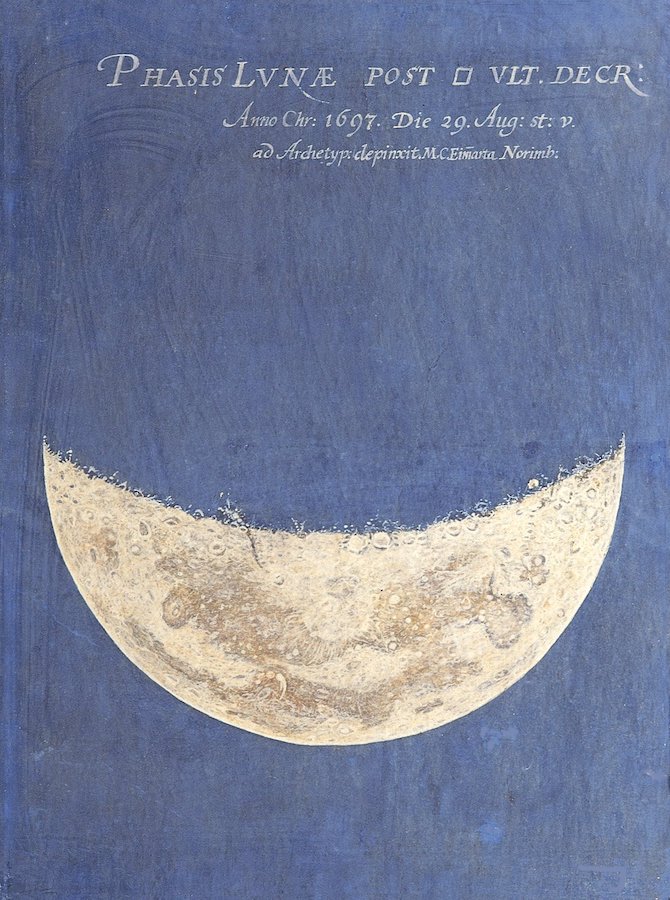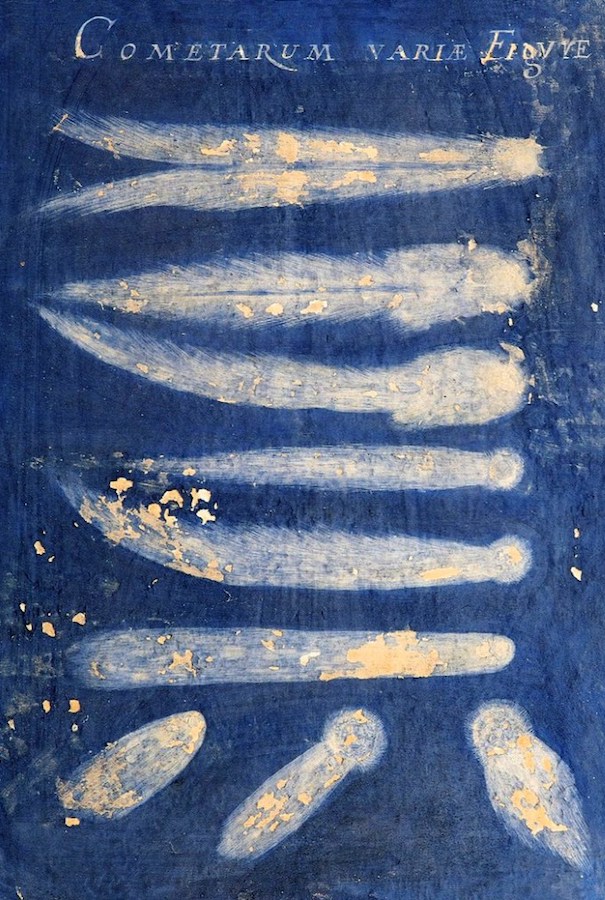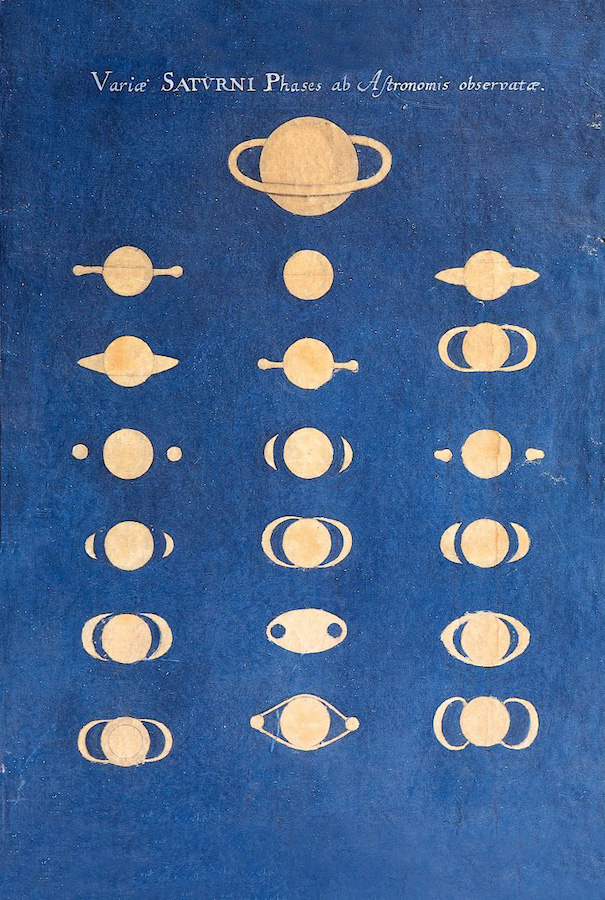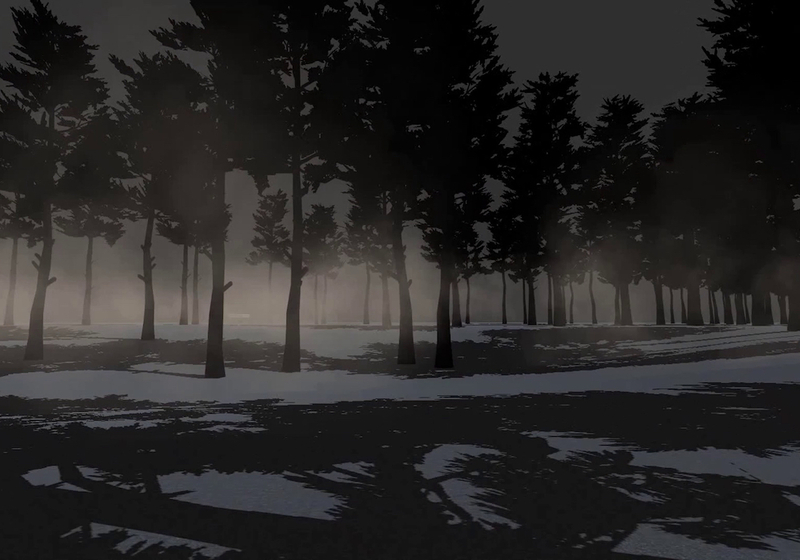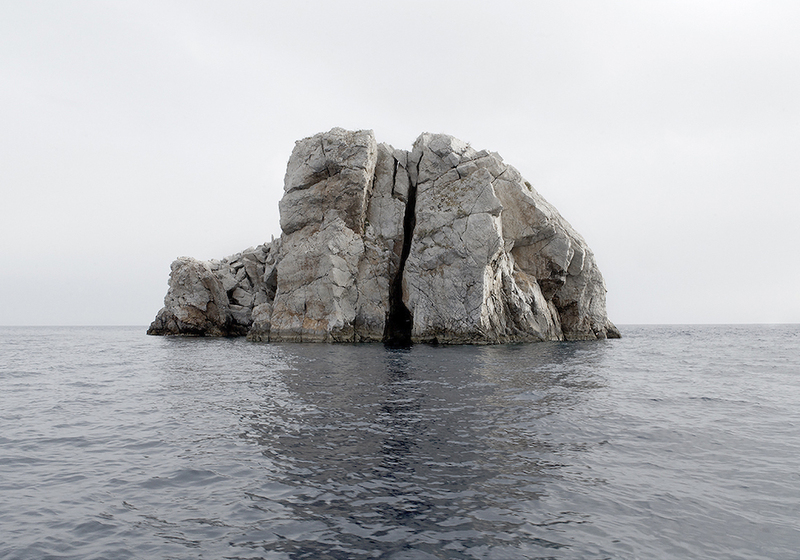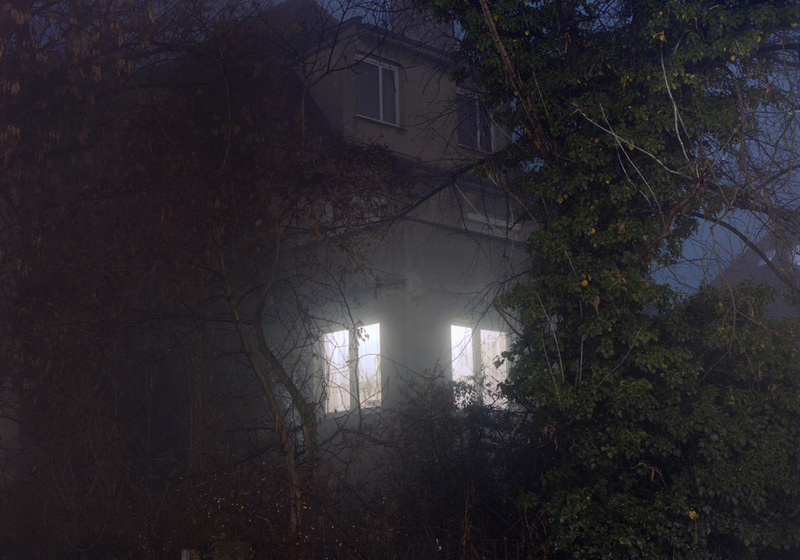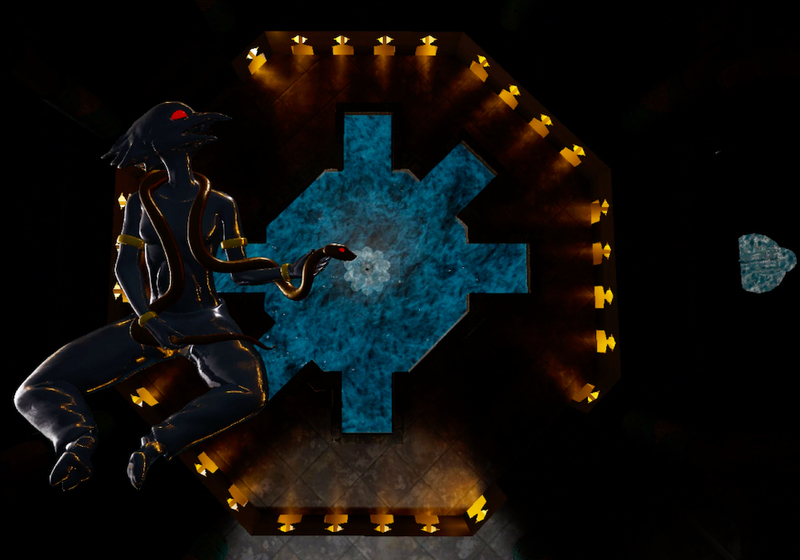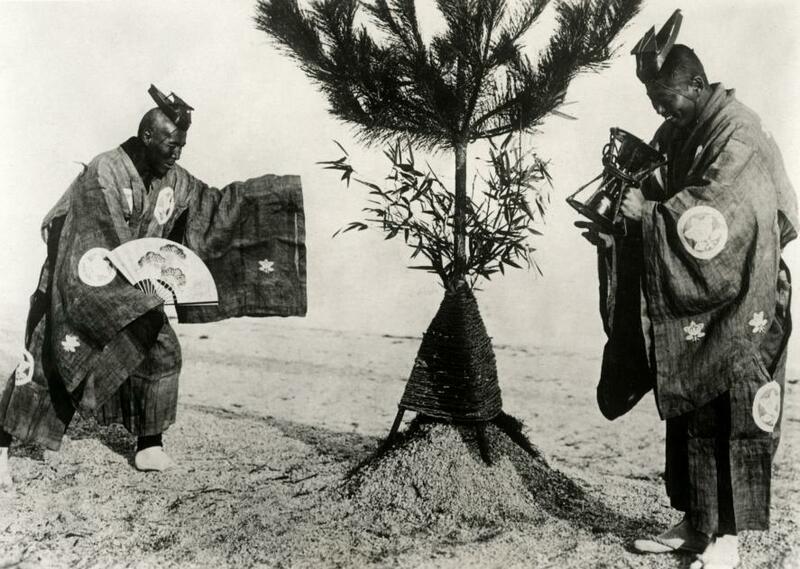Dream is the focus of the latest issue of EastEast. For the next couple of months, together with our contributors, we will be looking at dreams: as meaning, as motivation, both individual and shared, as imagination, as aspiration, a hope for a future or a yearning for a past. Dream was also a theme of our earlier announced call for papers, and we are happy to announce its winners.
Yejoo Kim, Artiom Sliota, and the collective of Olga Kononova and Oleksandr Burlaka will soon present their major research projects. Later on, Anna Deriabova, Vlad Ilkevich, Selbi Jumayeva, Scott McCulloch, Kirill Orlov, Sasha Puchkova, and Nadezhda Vikulina will have their texts featured on EastEast in a variety of forms and formats. As an introduction to the Dream issue, we’ve asked our future authors to answer two questions, ambiguously posed in order to garner broad and free-form interpretations: What makes the space for dreaming possible? What is one of your dreams?
Doctoral student, community-engaged anthropologist, based in Los Angeles
Making space for dreaming means increasing the field of possibility. We find comfort in definition and certainty, but this comfort oftentimes narrows the field of possibility, of dreaming. Thinking dialectically and not predictively, that is, living with the unresolved contradictions, and stumbling through the “what is not yet now,” makes possible the ability to hope and act radically.
***
There are my own personal dreams, and there is the dream: for those who currently inhabit this planet to live in a way that honors the dead, to heal through listening, and to make space for all our emerging futures. I want to live in a world that isn’t based in a spirit of scarcity but one of generosity towards each other and other species. Believe that there is enough space for everyone.
Activist, works in the field of human rights of migrants and refugees, lives in St. Petersburg
Reading news about military operations in the South Caucasus for the second week in a row you cannot but have one dream only—that people stop killing each other in the name of their national projects. So that marking people as “friends” and “foes” on the basis of race and ethnicity, religious identity, and the principle “the enemy of my enemy is my friend” would not come so easy. There is too much of this in social networks now—also articulated by educated and “progressive” people. Do we deserve to live in a world of tolerance and diversity if we ourselves continue to show our solidarity only on the basis of such questionable categories?
***
What makes dreaming possible then? I don’t know. I only know that to make my dream come true, we need to work very long and hard, investing in education and civil society. And also we need to be ready that the results of numerous years of efforts can be destroyed in a few days. But sometimes dreams do come true.
Architect, urbanist, lives between Odessa and Kiev
I think that the accessibility of information and the possibility of establishing communication from virtually any place around the world has put the space for dreams within reach. Thanks to this ease of access, we can find out how other people dream. AppleTV has made a good mini-series called Home, where every episode is dedicated to stories of people who have created the homes of their dreams. This way we can clearly see that limited resources do not stop people, but help them find new, non-obvious solutions to challenges. We can also dream collectively, communicate with others at a distance, tell each other about our values and plans, and find like-minded individuals and resources to implement what we have planned.
***
I dream of living in Venice, a city that is located not merely on the sea-coast, but in the sea itself.
Artist, architect, lives in Kiev
I think that limitations create the space for dreams. Understanding the limited possibilities of a single human being and of a single society makes it certain: it is necessary to work towards making the world safe, just, and altruistic here and now.
***
When I was a child, I liked reading science fiction, old issues of optimistically futuristic magazines, such as Tekhnika Molodezhi (Technology for the Youth) and Nauka i Zhizn (Science and Life). I used to dream of experiencing time-travel, getting to the future. So I am fulfilling my dream, although rather slowly.
Artist, lives in Firsanovka
Dreaming is to some extent inherent in the life of every human being, but for me, at one point, it became an activity in its own right. Every day before sleep I allocated around an hour for dreaming, and made sure to go to bed earlier, so that I could lie and think up different scenarios of my life. That was my favourite pastime. Back then I did not attach much significance to it, but now I understand that such daily “exercises” helped me cope with certain feelings of loneliness as a child, and to later grow up to be an independent human being. This is because every day of my life I was happy for at least an hour. For, when a human being is dreaming, he is happy. So, I find it beneficial to dedicate time to dreams if you are dissatisfied with something in your life. Now I don't practice this anymore, perhaps because I am happy to be myself and do what I love. I hope things will always stay this way.
Pop culture writer and translator, lives in Belarus
I believe dreaming is afforded to us by our inherent tendency to be dissatisfied. We visualize the worlds we want when frustrated with the ones we have—in an attempt to manifest the arrival of the former and escape the shackles of the latter. We go one notch further than imagining, we see things we imagine and either call the universe into bending to our will or program ourselves into achieving our goal—or something in between, depending on our belief system.
***
When I was younger, a wide-eyed teenage late bloomer starting to get sucked into the quicksand of the “adult” routine, I found myself in a quite complex dream system which had at its center myself as a budding music star. What started from penning pages of questionable lyrics to would-be songs turned into months of daydreaming about album titles, tour schedules, stage set ups, and promo photoshoots. For every actual pop song I heard on the radio, I had a vision of myself covering it onstage, sometimes sharing the stage with the original artist, my pal and peer humbly appreciating the homage. The whole thing did spill into reality by way of a couple of performances at uni talent shows and some demos no one ever heard—but looking back it's hard to pinpoint the particular moment I let that dream go.
Artcom platform contributor, lives in Ashgabat
Dreaming is an inevitable part of life—I live a dream and literally make a living by dreaming: I dreamwork with/in/for Central Asia. Central Asia and its quotidian everything that is real and delicious possesses me. The way I experience Central Asia—complex and resilient—is inseparable from my dreaming. This dreaming is a lifetime condition, a permanent obsession. This is not a romantic statement. This condition is a constant logistical, spatial, physical, and emotional challenge I embrace and dwell in at home, here in Central Asia. It is an anxious and exciting endeavor.
***
Some dreams can be nightmares, you are never sure until you wake up (or: are you even waking or dreaming? do sleepwalkers dream? are there pathologies of dreamers I should be aware of? or pathologies of pathologists of dreams?). But I know that the dream of water I will never whisper into a sink faucet running or think-knead into а dough.
My (other) dream is being present here. My dream/meaning is co-produced and sustained within interdependent ecosystems, communities, and relationships I’m embedded in and belong to. I have no direct control over this dream, but I make this decision to keep dreaming this dream again and again, a decision that is rather about a meaning making practice if/where meaning is never the meaning (of life), but a conscious act.
Writer, lives in Athens
Text, sound, movement, comedy, giving yourself a fright, death.
***
[journal entry]: I walk alone along the outskirts to the Towers of Silence where Zoroastrians used to place their dead to be eaten away by vultures and time. There is no one around when I arrive. I walk and climb the summit in 40 degree heat. I lie down on top of one of the Towers. Twenty minutes. Thirty minutes. Forty. Before long I feel I’m in a realm that isn’t quite waking life, a place both dead and alive at the same time. The Zoroastrians disposed of their corpses this way until the late ‘60s, and it was what I once delinquently wanted done with my remains. I look up. No birds fly overhead. (May 2016. Yazd, Islamic Republic of Iran)
Philologist and editor, lives in St. Petersburg
One can dream of anything. But I would not call urgent desires based on the lack of something dreams. I’d rather say that we dream because of excess—of too much curiosity, faith, or compassion. A dream is a projection of "self" into the world, a path towards self-realization. So for me, any dream is potentially attainable, dreaming is not about waiting for a miracle or an everyday fantasy. Another thing is that we rarely formulate our dreams precisely enough to catalogue them like a notch on our belt. That is why a dream can tell us so much about our interlocutors—it’s because we are dealing with a vector of their life path, an endless movement capable of overcoming even the dreamer’s death.
***
Let me try to vaguely outline the boundaries of an aspiration that I personally have. It’s one of those big dreams that would surely outlive me, but the very fact of moving towards its realization for long enough would already make me happy. I can describe it as a dream of enlightenment. I am sure that the lack of education and the absence of critical thinking explain pretty many evils and sorrows in our world. Many are caused by numerous socio-political factors I can do nothing about. I believe that all I dream of in this sense is to turn out to be useful, to serve the society with my craft, to contribute to a better understanding of the world through my personal actions – large and small, and increase the level of empathy in our society.
Artist and curator, lives in Moscow
It is easy to talk about yourself through dreams.
The dream as an internal factor that helps to read time, to read a person.
The dream itself is a reflection of time.
Accordingly, every occurrence of “proper” time makes dreams possible.
The process of dreaming is ahistorical. To be dreaming is to be elsewhere, to see mirages that are not obscured by everyday activities.
Does the value-determined choice affect the dream, or does the dream affect it?
It seems that the dream is a socially constructed phenomenon.
Piles of Vokrug Sveta magazines with fantastic stories in the back, fairy tales adapted by Soviet writers. From these I found out about the baking of delicious cakes on the tandoor, I was fascinated by the holidays and customs, which I would see with my own eyes only much later.
What does a girl who was born in a closed military town established to serve the Baikonur cosmodrome dream about? Steppe tulips, silverberry, a medal to the born. In the middle of the land, appropriated so that one could break through to the stars. Southern sky of Kabardino-Balkaria, Chuyskiy Tract in Siberia. I dream of the return through what I’m doing. I dream of reconnecting myself, torn into regions.
Can there be a dream that is not attached to an identity?
There may be a dream of detachment from an identity.
Usually, this is a teenage dream and it passes.
The process of dreaming is impulsive.
Light illuminates the road for a split second, seconds of darkness, and you go on by inertia. A flash of light again. Nomadic process of trust.
The space of dreaming is the upper level, the grid that lets thoughts and plans emerge and grow on it.
Utopia and dream, what’s the difference between them? Utopia is constructed, the dream is devoid of construction.
The dream is always about abandonment, stratification.
Or maybe the dream has already come true?
Graduate student in East-European Studies at the University of Oregon, translator
Dreaming enables the feeling of having plenty of time, of there being a profusion of time; it is a real gift, total bliss. I feel a certain affinity towards the romantic ideas of seclusion and a special relationship with nature. And even if you don't take walks in the philosophical garden every day, there is always space for a gentle “falling-out” from the current happenings in order to dream. Always being present “here and now” is at the very least odd.
***
This autumn I dream of getting into a good PhD program in literature. I don't know yet where I will end up, in which university or even country, and I constantly imagine what it would be like. I often dream of certain states of being. For instance: there is a large autumn forest all around, and you feel small and transparent to the light, as if you were a piece of sea glass. And then you feel everything very directly, without the envelope of anxiety or depression. I dream that next autumn things will also be like this, once I move to a new place.
Texts in Russian translated by Olga Bubich and Diana Khamis

